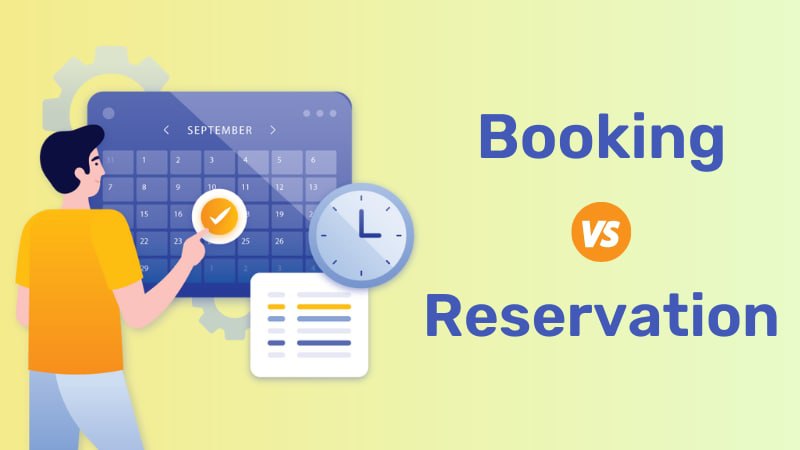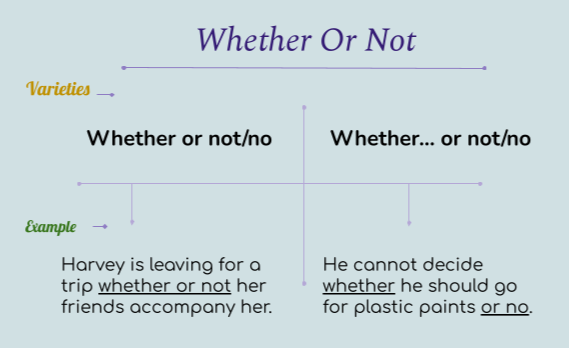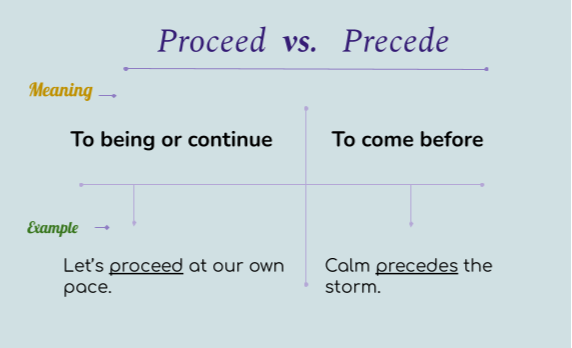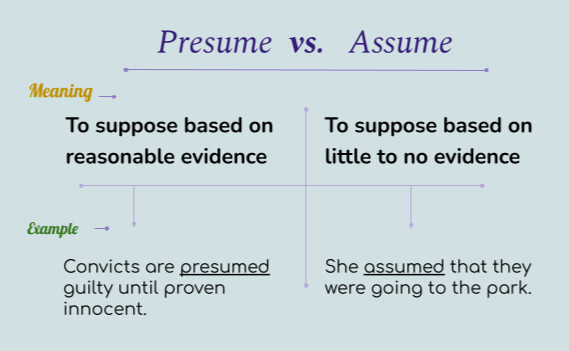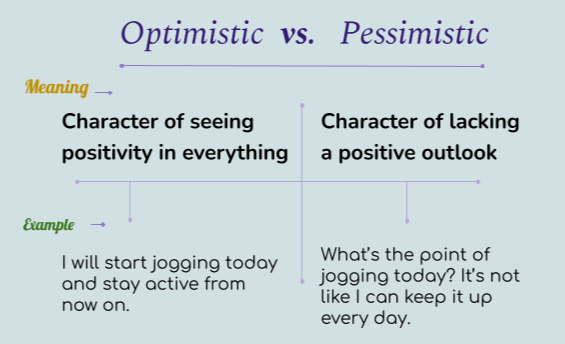Envy vs. Jealousy - What's the difference?
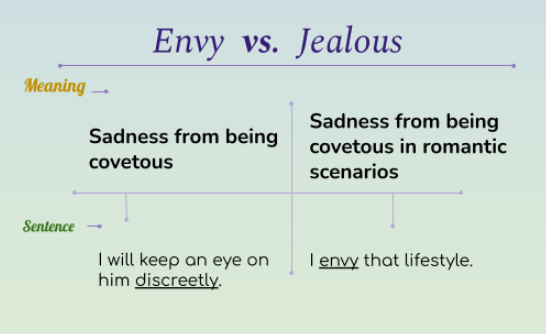
Envy and Jealousy are often used interchangeably in the English language but they have a slight difference that needs to be kept in mind. Both express a feeling of covetousness but the words are used depending on whom it is directed and the cause of the feeling.
Envy
When someone is envious of another they feel resentment towards the envied party because of something in their possession that the envious want and that results in a feeling of sheer discontentment.
It involves two parties and the bone of contention is either something inanimate (a car, a ring etc.) or abstract (achievements, talents etc.). People are usually envious of people more affluent, talented, or fortunate than them. Let’s take a look at the few examples below -
- I envy that lifestyle.
- She envies my liquor collection.
- Don’t we all envy his ability to woo the crowd!
- Finn may be a bit envious but he means well.
Jealousy
Jealousy also refers to resentful emotion towards someone and is used when someone becomes insecure about their romantic partner. Someone is jealous when they feel their partner is giving attention to someone else. It can spar from playful banter or a serious disagreement when partners have heated arguments about jealousy.
It involves three parties involving a committed or potential couple and a third party. When one of the partners enjoys a purely non-romantic connection with the third party, the other partner gets insecure thinking they may have developed a romantic connection which results in a covetous feeling. The examples below entail the correct and universally acceptable uses -
- Don’t get jealous, I wasn’t even flirting.
- Gina is not usually the jealous type.
- Jealousy sowed the seed of their separation.
- Baseless jealousy never bodes well.
The Confusion: Envy vs. Jealousy
Envy is one of the seven cardinal sins according to Biblical teachings. It is safe to say that jealousy is one kind of envy used to express the same emotion in very limited scenarios.
The confusion is primarily bourne by their similarities in meaning but people have taken the authority to use these two words interchangeably in everyday speech. Thanks to their closeness in meaning, the listener never has a problem understanding what the speaker means. Language nerds may frown upon the incorrect usage but most people have let it slide and now “Jealous” is used in all scenarios to express covetousness. And “Envious” is reserved for more formal or literary use in non-romantic situations.
- I’m jealous of your family. (Used as “Envious”)
- You must be very jealous of Alice’s “Number 1” status. (Used as “Envious”)
- He was so jealous of my guy best friends. (Universally accepted)
- I was only flirting left and right to see if she gets jealous. (Universally accepted)
- Let’s not be envious of each other’s pay scale and try to do a better job. (Universally accepted)
- Try and regulate the envious energy to make positive changes. (Universally accepted)
|
Factors |
Envy |
Jealousy |
|
Feeling |
Covetousness |
Covetousness |
|
Exact emotions |
Sadness and resentment |
Sadness and resentment |
|
Parties involved |
Two |
Three |
|
Scenarios |
Every other aspect but romantic |
Romantic scenarios only |
|
Scale of Seriousness |
One of the Seven Deadly Sins |
Mostly petty insecurity |
Grammar
Read More
- How to Use "Therefore" in Sentences Avoiding Common Mistakes
- How to Use "Whereas" with Examples and Avoid Common Mistakes
- When and How to Use "Thus" Correctly Without Common Mistakes
- How to Use "On the Contrary" Properly with Meaning and Examples
- When and How to Use "Either/Or" with Examples and Common Mistakes to Avoid
- How to Use "On the Other Hand" Effectively without Mistakes
- How to Use "Respectively" with Example and Common Errors to Avoid
- How and When to Use "Moreover" Without Mistakes
- How to Use "Likewise" in Sentences Based on Context & When not to Use
- When & How to Use "Although" in Sentences to Avoid Mistake

